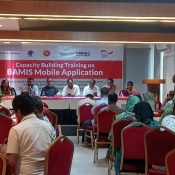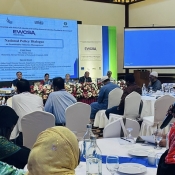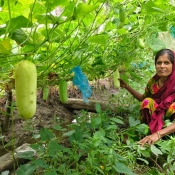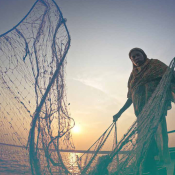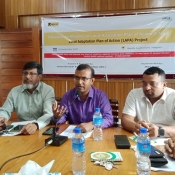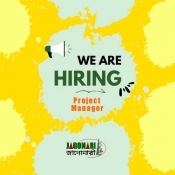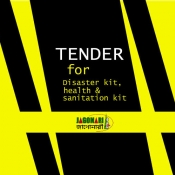Community-led Food Banks in Barguna – A Resilient Approach to Crisis Management
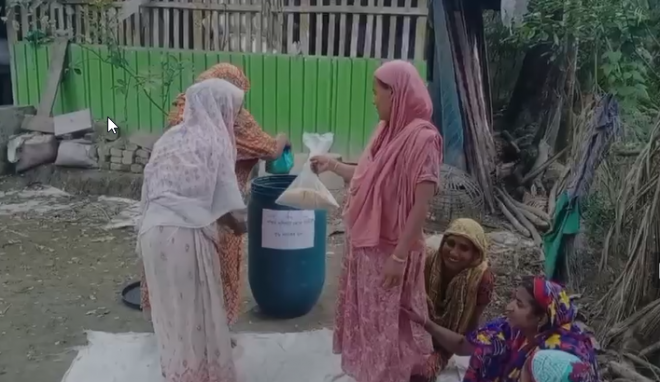
Background
Barguna, a coastal district of Bangladesh, is frequently exposed to natural disasters such as cyclones, tidal surges, and tidal surge. These recurrent shocks severely disrupt food security, especially for vulnerable communities. To address this, local communities in two unions of Barguna Sadar Upazila have come together to establish community-led food banks—an innovative approach to building resilience in the face of emergencies.
Initiative Overview
Under the ACT 2 Project, implemented by JAGO NARI with the support of Oxfam, a total of 20 food banks have been established and are being operated by local women. This initiative emphasizes community ownership, sustainability, and gender empowerment.
How the Food Banks Work
- Collection and Storage: Community members voluntarily contribute a portion of their food grains during harvest season to the food bank.
- Emergency Distribution: During disasters or times of food shortage, these reserves are distributed among the most vulnerable households.
- Financial Sustainability: When food reserves exceed the community’s emergency needs, the surplus is sold in local markets.
- Joint Bank Accounts: The proceeds from food sales are deposited into joint bank accounts, managed transparently by the women operating the food banks. This fund is used to replenish food stocks, support community needs, and reinvest in the food bank’s operation.
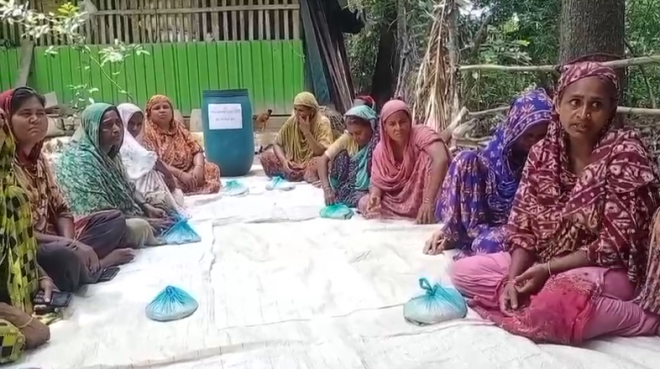
Role of Women
A notable feature of this initiative is that the food banks are entirely operated and managed by local women, who are trained in:
- Food stock management
- Bookkeeping and financial literacy
- Disaster preparedness
- Leadership and community mobilization
This not only enhances food security but also strengthens women’s leadership and financial independence at the grassroots level.
Impact
- 20 functional food banks have been established in two unions.
- Over 500 households have directly benefited during recent crisis periods.
- Women’s involvement has increased community trust and cohesion.
- Communities are now better prepared to respond quickly to food crises without waiting for external aid.
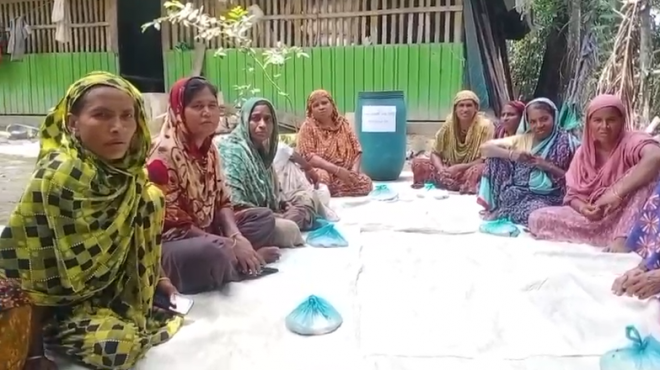
Challenges
- Maintaining consistent food stock contributions during low-yield seasons.
- Need for improved storage infrastructure to prevent spoilage.
- Ensuring long-term sustainability without continuous external support.
Conclusion
The community-operated food banks in Barguna are a powerful example of locally-driven resilience strategies. By empowering women and fostering a culture of collective responsibility, these food banks not only safeguard against food insecurity during disasters but also promote social and economic empowerment. Continued support, capacity-building, and scaling of such models could offer valuable lessons for other disaster-prone regions.
Published on: Sunday, 25 May 2025, 11:51 pm ▪ Total View of this Page: 1291



